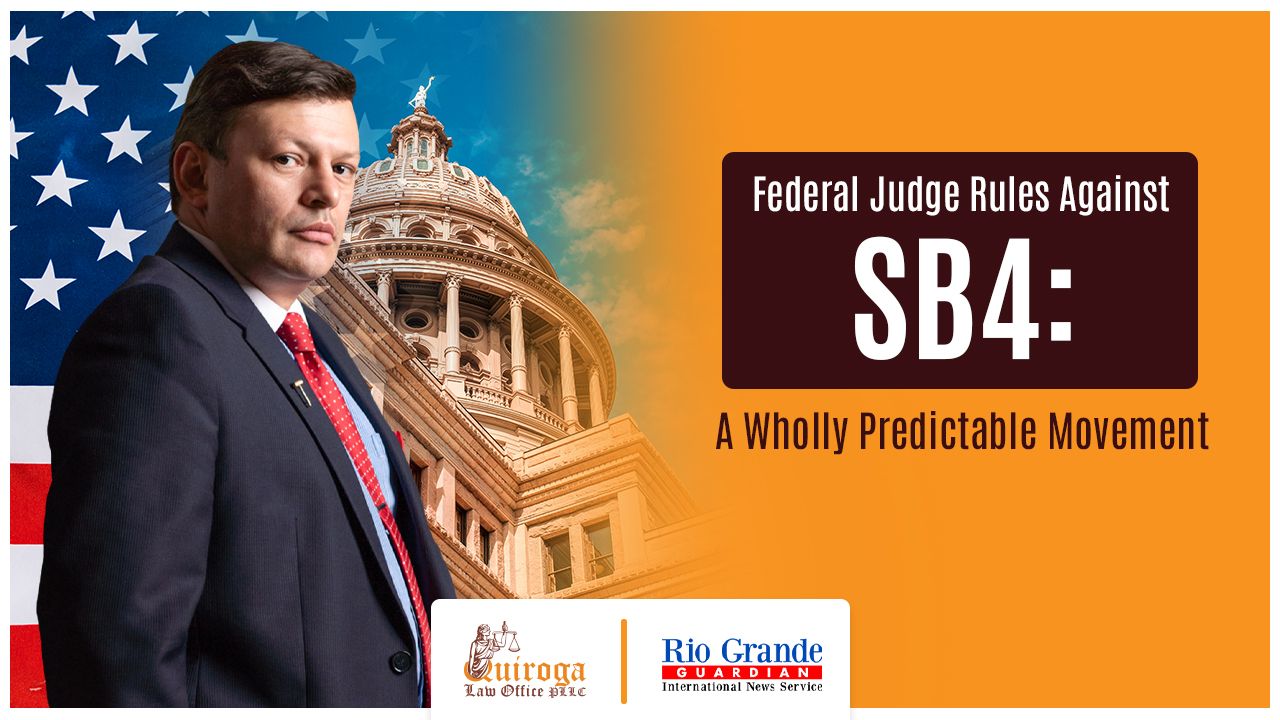Spokane Fiancé visas: What You Need to Know to Start Here
Want to bring your beloved across the U.S. border and into Spokane? Fiancé visas are fairly simple to get — for those who follow the rules.
Any citizen of the United States or legal resident — a green card holder — can petition to bring his or her betrothed into the country in order to marry and become a permanent legal resident. To qualify for a Nonimmigrant Visa for a Fiancé (K-1 visa), however, you must meet federal government guidelines.
Fiancé visas require the following:
- Proof that the engaged couple has met in person within the previous two years;
- Proof that both parties are legally eligible to marry;
- Proof that the U.S. resident can support the immigrant financially, or that a third-party sponsor will do so if needed.
Let’s look at these requirements one-by-one.
Meeting in person. “Mail-order brides” (and grooms) too often are victims of human trafficking and domestic violence. To make sure the marriage is legitimate and not for the purposes of enslavement, the couple to be wed must have met each other at least once before the U.S. government will issue a fiancé visa. The burden lies on the petitioner to provide proof of this meeting.
Proof usually consists of photographs of the engaged couple together, but it may also consist of letters, affadavits from eyewitnesses, or other evidence. If you have no photos, an attorney can help you find evidence the U.S. government will accept.
Eligibility to marry. Single U.S. residents 18 or older may marry without anyone’s consent, but those age 17 will need a parent’s consent, and 16-year-olds need the court’s consent, as well.
Divorced petitioners will need to provide a decree of the previous marriage’s dissolution or a death certificate for the former spouse.
Proof of sponsorship. To obtain a fiancé visa, the petitioner must either “sponsor” the immigrant or find someone to sponsor him or her. What does sponsorship mean? Simply put, it means the U.S. citizen or resident must guarantee financial assistance to the immigrant. The purpose of sponsorship is to prevent the immigrants’ becoming a “ward of the state,” dependent on government benefits such as welfare, Social Security, food stamps, and Medicaid.
Who qualifies as a sponsor?
To sponsor an immigrant fiancé, a person must earn 125 percent of the income listed in federal poverty guidelines for the total household size in the year of the petition. For example, if the sponsor is single and has no children and the same is true of the immigrant, the total household size would be two — and the sponsor would need to earn at least $19,600 per year. If the petitioner’s income isn’t high enough to meet the requirements, someone else who earns a qualifying income may sponsor the fiancé, instead.
As with all government programs, fiancé visa applications can require multiple forms and instructions can be confusing. What’s more, petitioners with a criminal history, especially one involving domestic abuse or violence, as well as those who have filed fiancé visa petitions before may need special help obtaining a visa for a fiancé.
The Quiroga Law Offices, PLLC focuses in immigration law for Spokane-area residents and their loved ones. With changes always occurring and the web of laws and requirements ever expanding, we’re the ones you can count on to navigate the often-murky waters of immigration in Spokane County. At the Quiroga Law Office, PLLC we’re on your side. Call us today at (509) 927-2840.
Spokane Fiancé visas | Copyrighted Material of the Quiroga Law Office, PLLC
